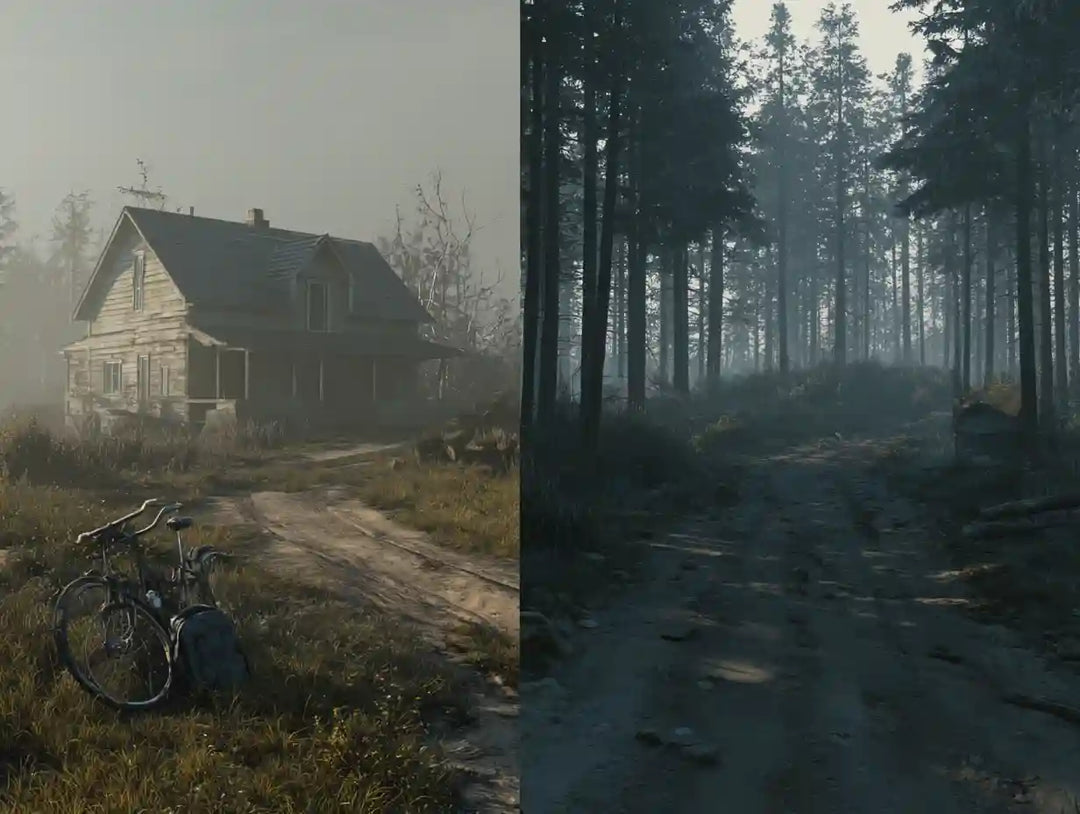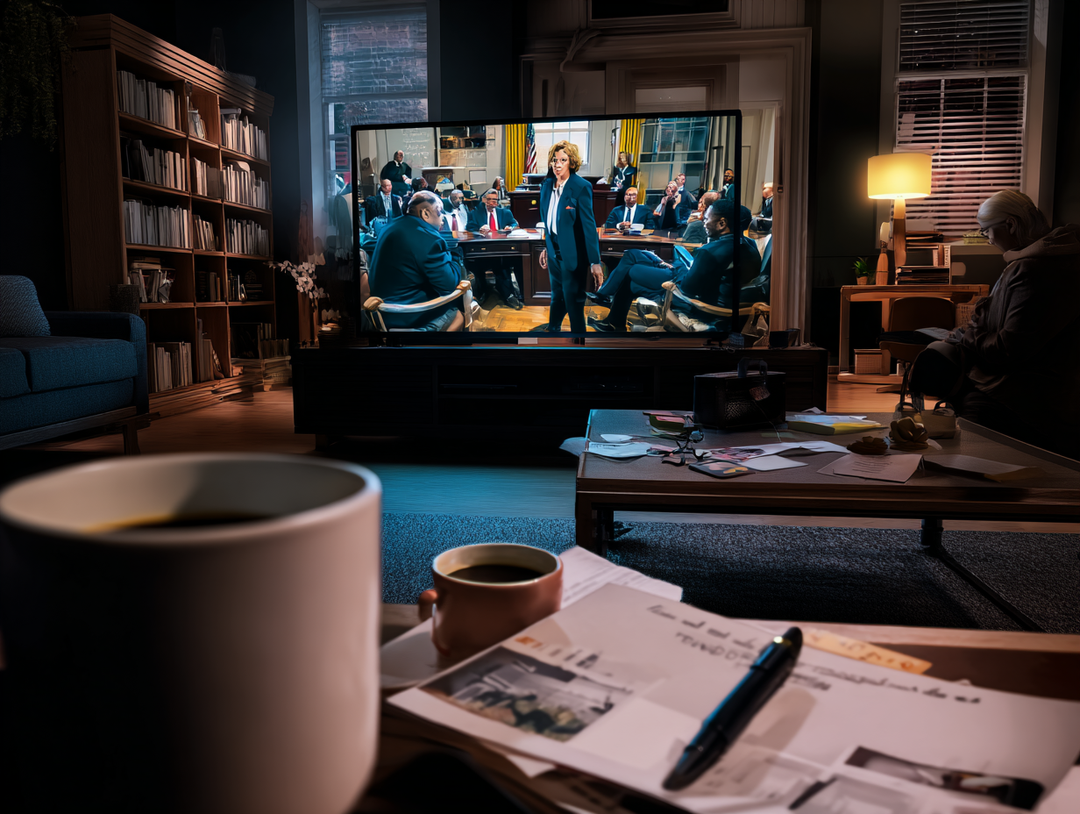Years ago, a journalist wrote about living in a haunted house. Their mother experienced something disturbing. Her only comment was that it had “something to do with time.”
Ghost stories often spark intrigue because they deal with time. A ghost’s presence blurs the distinction between past and present. Ghosts are unsettling because they remain stuck in their moment of death. Maybe they cannot move on. Maybe they are bound forever. This sticks with us.
Cold cases can feel like this, too. Like a ghost story that waits for resolution. But in a way, we are all haunted. Not by spirits, but by memories, perceptions, and past mistakes. We make ghosts of people we used to know. They become locked in time in our minds. This creates a kind of “haunting” that can fuel our imagination.
When you play a cold case file game or a murder mystery game, such as those offered on Masters of Mystery, you are returning to the past. You dig into a crime. Through the details of the case file, you create your own picture of the people involved. The victim, the suspect, the witness—they all become ghosts in your mind, shaped by what you find in the file.
Cold cases play on your interest in time and the unknown. What happened years ago? What clues remain?
Now, think about this in terms of true crime. There are thousands of unsolved cases. In many, we only see the snapshots left behind: a police sketch, a last known location, an old photograph of the victim. Those cases become like ghost stories to us. We may never know the full truth. They remain unfinished.
Murder mystery games work in the same way. You open the case file and step into a time when the crime happened. Like solving puzzles, you piece together clues. But the beauty of these games is that you take control. You can resolve the case. You bring that “ghost” back to clarity.
Why should you try a murder mystery or cold case game? Consider these points:
- They offer you control over the narrative. In real crime, you are an observer. In a game, you get to craft the outcome.
- They recreate the investigative process. You go through the same motions as detectives. There is something fascinating about looking over physical evidence, just like in the tips for first-time hosts.
- They provide a structured environment. Unlike real cases, you are given enough clues to solve the mystery. This means less frustration and more satisfaction.
Here’s another reason murder mystery games resonate with you. The unresolved parts of life are difficult to sit with. Think about all the memories and missed conversations that stay with you. Everyone has an unresolved “case file” in their history.
Imagine revisiting an old friend who you drifted apart from. The memories you have of that person might feel distant, fractured. You remember them as they were, but they’ve likely changed since. And you’ve changed too. Still, those memories make a ghostly version of that person in your mind. Someone who stopped in time when the relationship ended.
Murder mysteries and cold case games tap into this phenomenon. They make you think about how time warps your perceptions. About how the past influences the present. About how hard it is to put some things behind you without a concrete resolution.
If you’re someone who enjoys true crime, consider stepping into the role of the investigator. Rather than waiting for a podcast to reveal who the killer might be, you explore the evidence for yourself. You decide who the killer is. You find the closer look that true crime documentaries or books can’t offer.
In a world of unsolved mysteries, murder mystery games give you a result. They offer a space to work through the unknown. They also create a stronger connection to the intricacies of solving a case.
Think about the real cases that haunt you. Consider what drives your fascination. Perhaps it’s the hunt for clarity. Or the frustration at loose ends that never got tied up. A murder mystery game, or a cold case file game, scratches that itch.
They also push you to examine your assumptions. Often, in real cases, first impressions are wrong. The person who seems guilty might not be. The game allows you to challenge those ideas and arrive at a different conclusion.
Next time you’re stuck thinking about unresolved pieces of a story, give one of these games a try. Here’s what you get in return:
- A direct role in shaping the outcome.
- An outlet for your curiosity about the past.
- A chance to solve mysteries without waiting for others to do the work.
These games blend imagination, investigation, and strategy. They remind you that, in the real world, not every case gets solved. But in this version, you control the story’s end. Are you ready to step into the role of the detective?







